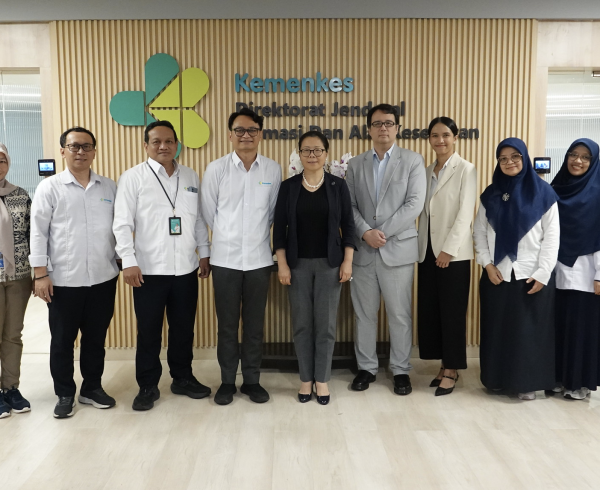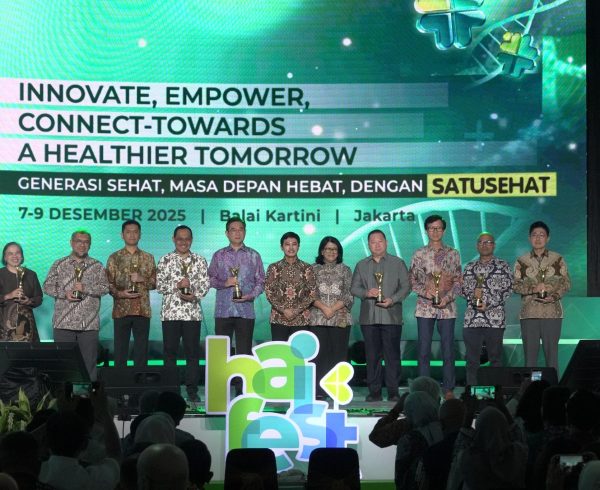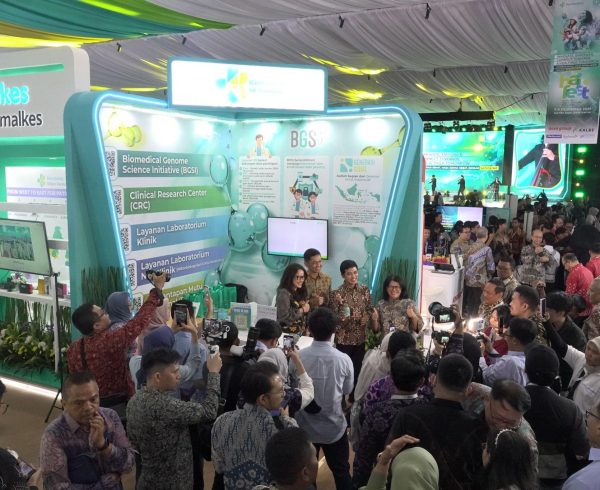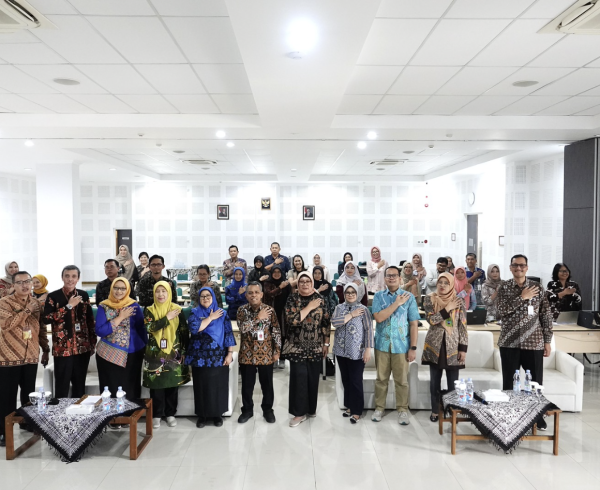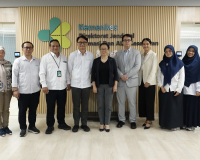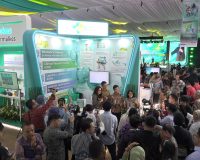COVID-19 is the third outbreak in the last 2 decades caused by the Coronavirus and has caused global health problems and made all have to race with the exponentially spreading virus in developing COVID-19 vaccines and therapeutics. However, currently the development and production of vaccines and therapeutics are still carried out by the pharmaceutical industry in most High Income Countries (HICs). Equitable distribution and access is needed, including technology transfer for developing countries.
At the beginning of the pandemic, Indonesia experienced difficulties in accessing medicinal products, medicinal raw materials and medical devices due to lockdown policies implemented by countries to anticipate the impact of the spread of COVID-19, restrictions on the movement of goods and human resources, as well as export restrictions from countries producing medicinal raw materials for global due to an increase in drug demand.
As one of the government's responses in preparing for and preventing a pandemic through efforts to increase the resilience of the pharmaceutical and medical device supply chain system in Indonesia. The Ministry of Health has launched a health system transformation through the transformation of the 6 pillars of transformation that support Indonesian health.
One that is related to the strategic role of the pharmaceutical and medical device sector is the transformation of the health security system, with a target of local production of 14 program vaccines and top 10 drugs, and top 10 medical devices by volume & by value.
The Ministry of Health has made policies to encourage pharmaceutical and medical device resilience as follows:
- Policies related to Research and Development, by establishing an R&D ecosystem development task force; facilitating technology transfer, facilitating vaccine clinical trials (especially the Red and White Vaccine); facilitating medical device clinical trials; and facilitating change source of drug raw materials (BBO);
- Production-related policies, through incentives and disincentives for the pharmaceutical and medical device industries, licensing simplicity, and facilitation of performance and reliability testing of medical devices;
- Policies related to Market Assurance, through:
- Substitution of imported products: if domestic products can meet national needs, a freeze will be imposed on imported products.
- The implementation of the Domestic Component Level (TKDN) is the main choice in the procurement of goods and services, for drugs by prioritizing domestically produced raw materials, for medical devices after the TKDN calculation rules are established.
- The implementation of increasing the use of domestic products (P3DN) is mainly in government, regional, and private hospitals.
In order to increase the independence of domestic medical devices, the industry needs to get concrete and tangible support from the government, one of which is in ensuring the purchase of domestically produced medical devices, especially in health service facilities (Fasyankes).
For this reason, the Directorate General of Pharmaceuticals and Medical Devices through the Directorate of Pharmaceutical and Medical Device Resilience held an activity to evaluate the use of domestic medical devices in health facilities, especially consumable medical materials (BMHP) and reagents, in order to monitor the transition of shopping for imported medical devices to domestic medical devices in health service facilities.
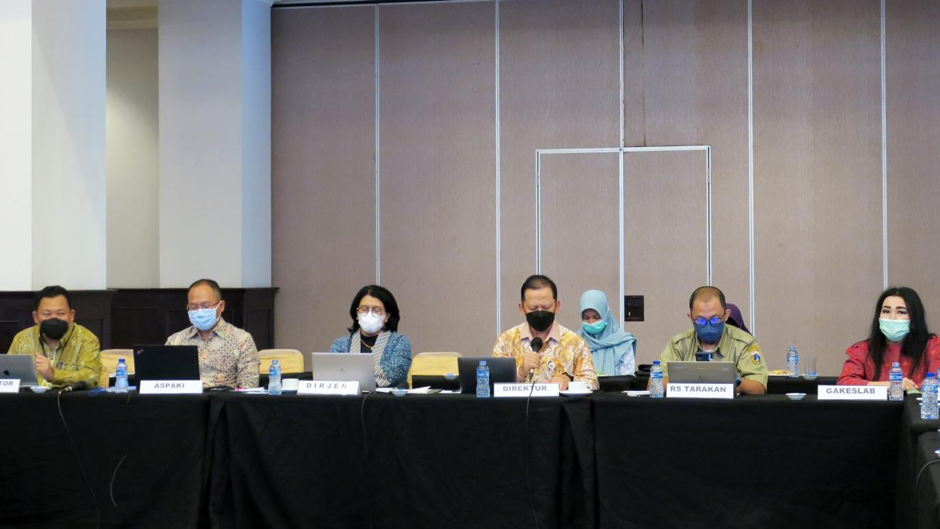
Plt. Director of Pharmaceutical and Medical Device Resilience, Sodikin Sadek said, this activity is an effort to encourage the increase in the use of domestic medical devices in order to succeed the National Movement for Proudly Made in Indonesia (BBI) in the implementation of government procurement of goods / services.
Acting. Director of Pharmaceutical and Medical Device Resilience, Sodikin Sadek said, this activity is an effort to encourage the increase in the use of domestic medical devices in order to succeed the National Movement for Proudly Made in Indonesia (BBI) in the implementation of government procurement of goods / services.
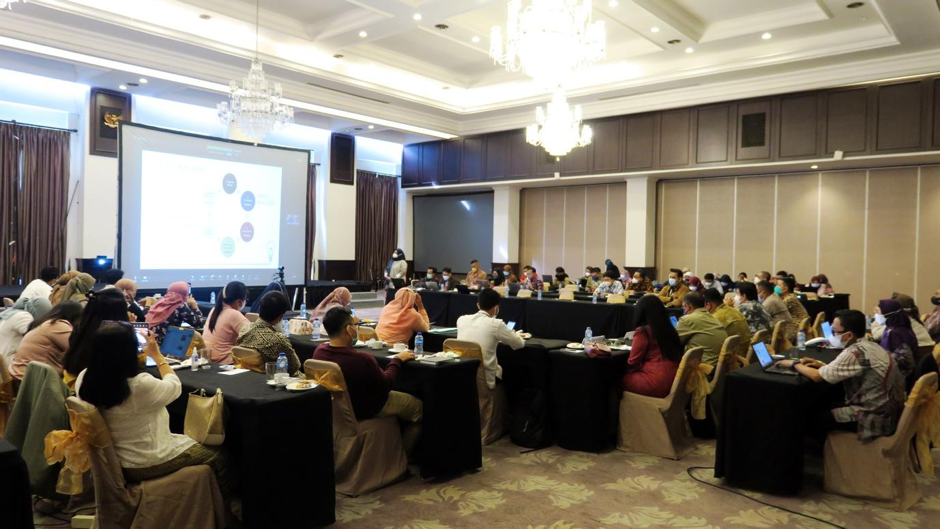
“Health system resilience efforts are our common task, which we must carry out for the resilience of the health system in Indonesia,” said the Director General. Through this activity, awards were also given to Pratama Paku General Hospital, Dr. H. Andi Abdurrahman Noor General Hospital, and Regional General Hospital of Bolaang Mongondow Regency as the General Hospital with the Highest Percentage of Domestic Health Equipment Use/Spending in Indonesia.



 Director General of Pharmaceuticals and Medical Devices, L. Rizka Andalucia opened the FGD on Evaluation of the Use of Domestic Medical Devices in Jakarta, May 24, 2022.
Director General of Pharmaceuticals and Medical Devices, L. Rizka Andalucia opened the FGD on Evaluation of the Use of Domestic Medical Devices in Jakarta, May 24, 2022.